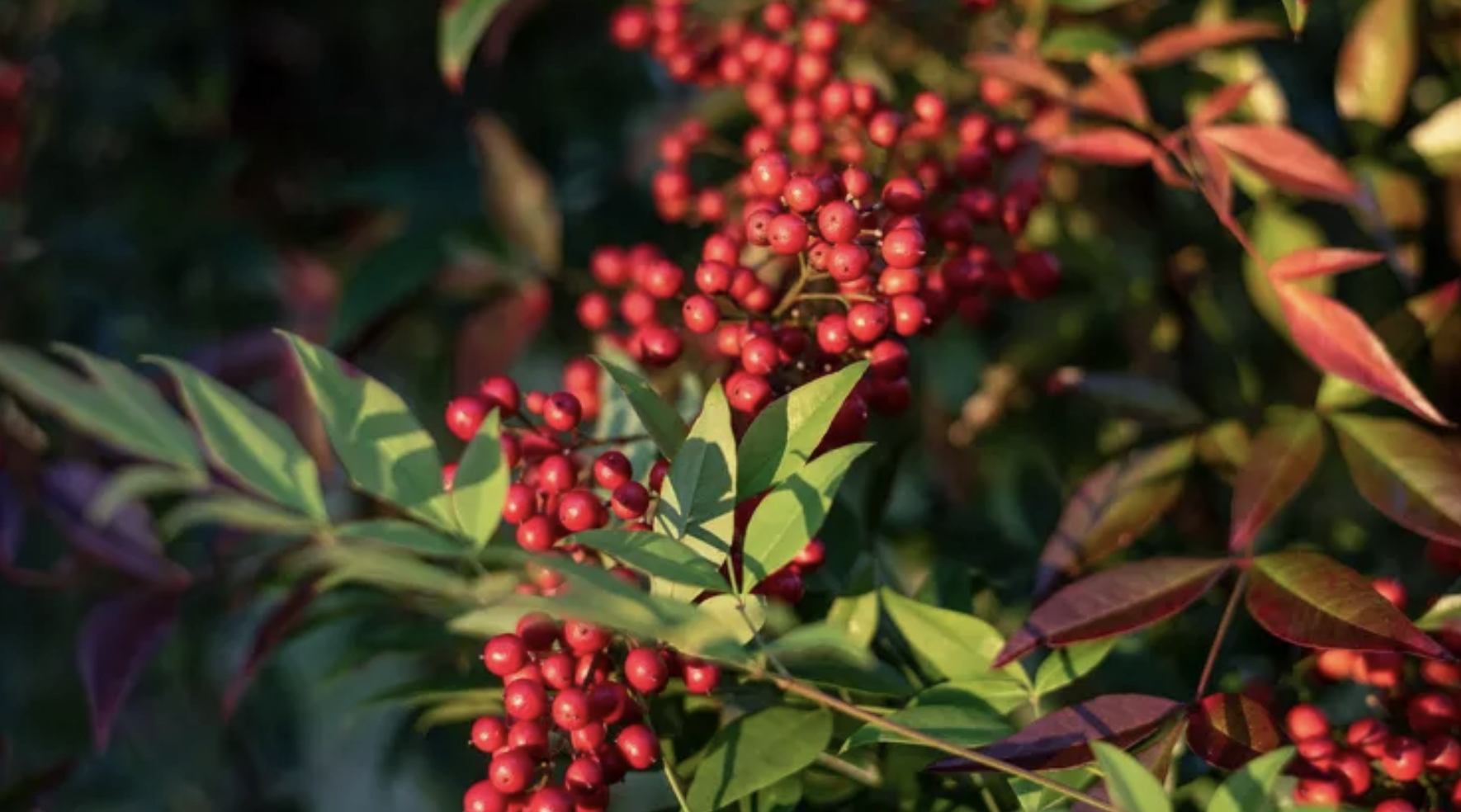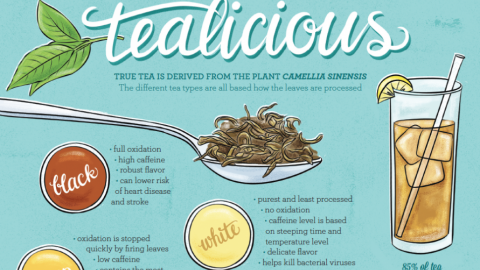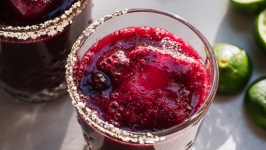What’s the Tea on Yaupon?
Approximately 74% of Americans drink coffee every single day, making coffee one of the top three most consumed beverages in the United States. Though coffee continues to caffeinate most of America’s population, many are turning away from the drink and seeking out alternatives. One of the more recent coffee-substitutes making headlines is Yaupon (pronounced yo-pawn).
What is Yaupon?
Yaupon is a plant from the holly family (think red-berried Christmas decorations) that is native to the coastal plain of the southeastern and south-central United States. The plant grows in southern states such as Virginia, Texas, Oklahoma, and Florida. The leaves and the twigs of the plant contain caffeine and can be used as tea. The tea itself has been around for thousands of years and used by a variety of indigenous communities. Indigenous people in parts of North America were known to drink this tea in purification ceremonies, and it was considered a hospitality drink among many groups. Yaupon is also the only known native caffeinated plant consumed in North America.
What Does It Taste Like?
Many people suggest tea made from Yaupon leaves tastes like the popular herbal tea, yerba mate. It has been described as having an earthy, bitter, slightly grassy flavor and has even been compared to having a vegetable-like quality. However, like many teas and coffees, the flavor of the specific Yaupon tea depends on the roast and the preparation methods. If roasted for an extended period of time, the tea offers a rich, smoky taste, but if roasted for less time, the steeped tea will resemble the taste of green tea, slightly sweet and herbaceous.
How to Make Yaupon Tea
You can find both light and dark roast loose leaf varieties online. You can also purchase fresh tea leaves and roast them yourself at home. This can be done by heating your oven to 350° and baking the leaves until they turn the desired shade of brown (approximately 15-20 minutes).
To brew, boil water, pour it over the leaves or tea bag and let steep for 5-10 minutes. If you prefer a milder flavor, steep the tea for less time, and for a bolder flavor, steep the tea for more time. If you did not use fresh tea leaves, you can go ahead and enjoy. If you used fresh tea leaves, strain the leaves then enjoy.
Other Coffee Alternatives and Their Benefits
Though tea and coffee both provide individuals with their daily dose of caffeine, tea drinkers will experience some added health benefits to their coffee-drinking counterparts. Yaupon, specifically, contains the stimulant theobromine, a pleasure molecule also found in dark chocolate, which helps aid in greater focus, lowering blood pressure and may help prevent tooth decay. In addition, Yaupon tea also contains many antioxidants, which can strengthen the immune system. Drinking green and black tea may help improve heart health and is linked to a lower risk of developing some cancers, Parkinson’s Disease and kidney stones.
Another popular coffee alternative is matcha. Matcha is a caffeine-rich powder made from ground-up green tea leaves. Like other teas, matcha contains antioxidants and a variety of vitamins, such as vitamin A, vitamin B, vitamin C, vitamin E and vitamin K. The vitamin C in matcha has been shown to stimulate collagen production and promote healthy skin cell turnover. Additionally, vitamin K and lutein, both found in matcha, have been associated with improved cognitive functioning, such as attention and memory. In addition, matcha contains L-theanine, an amino acid shown to reduce stress.
Today, there are many ways to get your caffeine fix. Those looking to decrease the feelings of restlessness, shakiness, and anxiety, typically associated with coffee consumption, may look for their boost of energy with tea. Feeling adventurous? You can purchase Yaupon leaves online from a variety of retailers and take a walk on the wild side.
You can order Yaupon through the Yaupon Tea Company or Lost Pines Yaupon or from Amazon here.










